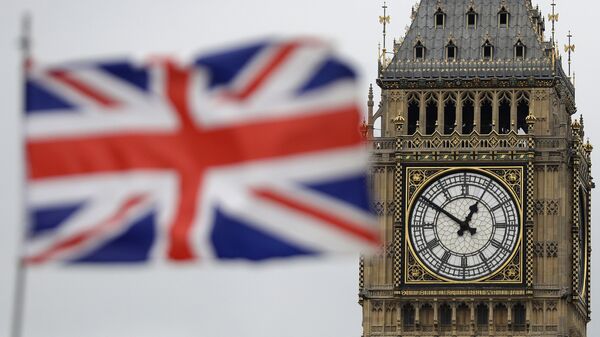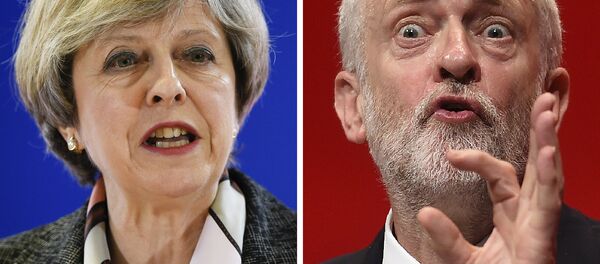In April 2017, Conservative Prime Minister Theresa May announced that the UK would have an early election in June of that year instead of in 2020. She claimed that she wanted to see a stronger political mandate for Parliament after the messiness of the Brexit in 2015. At the time, the Conservatives were riding high, with more than 45 percent of polled individuals saying they were supporters (compared to about 27 percent for Labour and less than 15 percent for any other party).
But since the campaign has begun, Labour have closed the gap under the leadership of the leftist Jeremy Corbyn. The most recent polls have the Conservatives receiving on average 43 to 44 percent of support, while Labour is getting 36-37 percent. Members of other left-wing parties like the Greens and Liberal Democrats have shifted allegiance to Labour, giving them a good chance to increase their seat total.
The landmark issue of the campaign has been, of course, Brexit. The UK's exit from the EU is unlikely to occur until Parliament passes a specific bill invoking the Article 50 "exit clause," which May has urged patience towards. Her plan has been to complete all negotiations before passing the bill to make the exit as smooth as possible. Corbyn has insisted that the UK must acquire tariff-free access to European markets before any Brexit can occur, or else risk economic ruin.
The complexion of the race changed after the UK suffered two major terror attacks in quick succession: a May 22 suicide bombing in Manchester that left 23 dead and 119 injured, and the June 3 London Bridge van attack that killed 11 and injured 48. Labour blamed May's security policy on the attacks, while the Conservatives called for greater regulation of the internet to prevent online radicalization.
Other major issues include the economy, education and health services. May's platform has included vows to balance the UK's budget by 2025, substantially increase National Health Service and education funding, reform the state pension plan, and raise the financial threshold of viability for social programs to save the government money.
Meanwhile, Jeremy Corbyn wants to reduce the deficit by increasing taxes on corporations and wealthy Britons, crack down on loopholes and tax evasion, created a National Education Service that guaranteed universal childcare, withdraw from NATO and drastically reduce the UK's arsenal, particularly its nuclear arsenal.
The UK election is a parliamentary vote, not a presidential ballot like the United States. First, each of the 650 parliamentary constituencies hold a popular vote, and the candidate who receives the most votes becomes that constituency's representative to the House of Commons.
Once the House of Commons is formed, they form a government and choose a Prime Minister. If a party can acquire 326 or more seats (an absolute majority), they choose the PM from among their ranks. If this doesn't occur, then a so-called "hung Parliament" forms and the parties will attempt to form a coalition government. Until a coalition is formed, the sitting Prime Minister remains in office.
At present, 618 of Parliament's seats are controlled by three parties. May's Conservatives control 330 seats, giving them a majority, while Labour controls 229. The Scottish National Party (SNP), which supports the break-up of the UK and Scottish independence, controls 54 of the 59 Scottish seats in the House of Commons.





